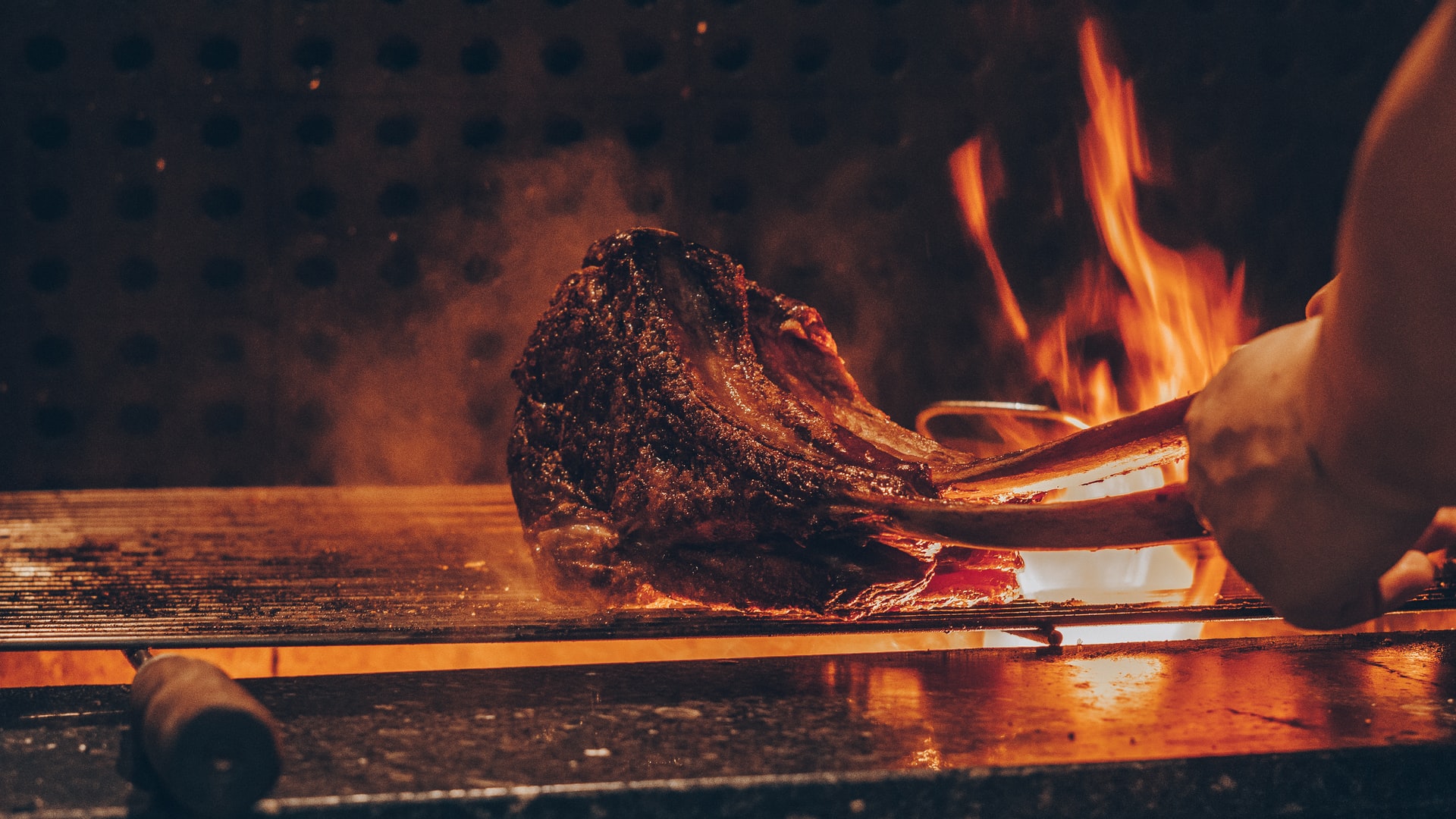
Life&Style Writer Jenny Cooper advocates for centring the environment over gender roles in our diets
Content Warning: Mentions eating disorders
Masculinity is often associated with the consumption of meat and the notion that ‘real men eat meat.’ In many English-speaking countries (including the UK, USA, and Australia) men eat substantially more meat than women. Studies have suggested that men are ten times more likely to kill animals for sport and half as likely to vegan or vegetarian in comparison to women. It is also suggested that men who eat a lot of red meat are insecure about their masculinity and are using meat as a way to postulate themselves as a ‘manly-man.’
It is arguable that the preoccupation with meat is due to its high protein content. Meat is seen to allow men the ability to build muscle and boost stereotypical male qualities like ‘virility and sexual strength.’ Furthermore, there seems to be misconception within these cultures that vegetarianism is effeminate and associated with homosexuality. Research has proved that these biases exist, indicating that the consumption of red meat is perceived by both men and women to be closely connected to masculine qualities. This starts to explain why men who have low self-esteem surrounding their masculinity use red meat as a way to combat it.
The consumption of red meat is perceived by both men and women to be closely connected to masculine qualities
Male obsession with meat appears to have been taken to the extreme, as three quarters of men would rather die young than give up meat. An Australian study has found that 73% of Australian men would say that they would rather reduce their live expectancy by up to 10 years than to give up eating meat. There are various potential explanations for this, including men not believing the health benefits of a meat-free diet, men being less likely to be condemned for morally depraved actions, and the habitual under-diagnosis of male eating disorders.
We should take men’s unwillingness to cut meat out of their diet seriously. Even if an obsession with meat is related to their protein intake, there are still serious implications of disordered eating. The idealised masculine body image is very lean and muscular, and the trend that men are more likely to consume red meat when they feel emasculated suggests that there may be a more serious underlying issue in the relationship men have to meat. Meat, and red meat especially, is also very calorie dense. This means that in ‘bulking season’ men consume more meat in order to reach their ‘calorie goals’ for the day whilst maintaining high protein.
We should take men’s unwillingness to cut meat out of their diet seriously
¼ of sufferers for eating disorders are male, and yet there is still substantial stigma surrounding male sufferers. This may be a consequence of the trivialisation of male eating disorders or disordered eating. An article from the popular website ‘Men’s Health’ stating the benefits of consuming red meat also suffices to illustrate the disordered behaviour men have surrounding meat. Moreover, in a study of 36 men in Sydney who tried a plant-based burger, the majority said that they were unlikely to include it in their diet. Their reasoning betrays the social pressure men have to appear a certain way- one stating that “I don’t want to end up with my friends laughing at me over a plant-based burger” and another arguing that it could ruin “his reputation as a man”.
Not only is it pertinent to find out why there is this connection between men and meat, but we also need to discover ways we can help to address it. There are large social and environmental costs to a meat-heavy diet. Meat consumption is the number one cause of global animal cruelty, contributing to 14% to global greenhouse gas emissions, deforestation, mass extinction, and water usage. It adds to world hunger, worker exploitation, and indigenous land theft. It is also clear that overconsumption of meat is bad for the individual‘s health, increasing antibiotics resistance and the likelihood of heart disease, cancer, and cholesterol levels.
There are large social and environmental costs to a meat-heavy diet
An obvious way that we can help to address the obsession men have with eating meat is to remove the stigma surrounding plant-based diets. We need to make the idea of veganism and vegetarianism more palatable for men. Although this may imply that men care more about their masculinity than morals, I believe that due to the pervasiveness male body issues, there is more to the desire for meat than mere trivial preferences. In order to properly address the issue of men’s distaste for ‘meat-free’ we need to open up conversations which allow men to talk about why they are afraid of going vegetarian.
It is suggested that one way to reduce male meat consumption is by advertising plant-based foods as nutritional, as well as through presenting new male ideals that suggest consideration for the environment rather than one’s musculature. By shifting men’s perceptions of gender roles and the ‘ideal man’ we can help to hinder the connection between self-esteem issues and meat consumption.
Read More from Life&Style:
6 Feet Tall Going 6 Feet Under: Male Height Shaming Must End

Comments